As travellers in Nigeria continue to groan over the high cost of airfares for international travel, it has been said that the absence of Nigerian airlines operating in the market is also responsible for what has been described as a “crazy fare.”
The high cost of tickets for international travel from the country in recent times has been largely attributed to the continued depreciation of the local currency, the naira, foreign airlines’ trapped funds amounting to over $700 million and other operating costs, such as aviation fuel.
Join our WhatsApp ChannelThe International Air Transport Association (IATA) had in July 2023, announced an upward adjustment of the exchange rate following the devaluation of the naira when it was floated in June. The Forex reform saw the naira to dollar exchange rate move from ₦471.67/$1 to $763.17/$ and later to over ₦800/$ in the Importers and Exporters window.
With further depreciation of the naira reaching over ₦1,400/$1 in recent times at the official exchange window, international airfares have soared by not less than 55 per cent.
Travel agents have maintained that the price of international tickets would continue to rise and fall, subject to fluctuations in the value of the naira in the forex market.
Recent price checks by Prime Business Africa revealed that tickets for high-traffic international destinations such as London is now at about N2.7 million; New York, N3.2 million; Johannesburg at N2.2 million (one way); and Dubai, N2.6 million. Other routes like Lagos to Canada, N2.5 million; Lagos to Berlin in Germany, N1.7 million, Lagos to Istanbul N1.3 million (round trip) at the current exchange rate of N1,470/$1.
Trapped Funds
The issue of trapped funds of foreign airlines has continued to linger with the airlines threatening to leave the country if their funds are not released. In a bid to offset the $800 million revenue of the international carriers trapped in Nigeria, the federal government paid $61 million which the airlines described as insignificant. President of the Association of Foreign Airlines and Representatives in Nigeria (AFARN), Dr. Kingsley Nwokoma, had during a press conference held in Lagos in January said the government has violated the bilateral air service agreement signed with countries where the airlines originated, adding that such gives the country a negative image.
While asserting that the issue of blocked funds was one of the reasons airfares for travels out of Nigeria were high, Nwokoma disclosed that the country was losing some of its potential travellers to neighbouring African countries, which have relatively lower fares.
Commenting on the blocked fund controversy, former commandant of the Murtala Mohammed International Airport, Lagos, Group Captain John Ojikutu, said there is no reason the federal government should not pay the airlines the money, warning that if the foreign airlines stop coming to Nigeria as they are threatening because of their trapped funds, it could lead to the collapse of the aviation industry in Nigeria.
Some stakeholders have advised that foreign airlines should be allowed to sell air tickets in any foreign currency of their choice to avert the problem of trapped funds going forward.
The Bilateral Air Service Agreements (BASA) that Nigeria signed with countries state that air tickets coming from the country should only be sold in naira.
It was said that since the problem of trapped funds started occurring, many foreign airlines resorted to charging high fares to enable them to change their earnings at the parallel market to dollars and still make a profit, instead of channelling them through the Central Bank of Nigeria (CBN), as specified in most of the BASA and commercial agreements Nigeria signed with the countries that own the airlines.
Need For More D0mestic Airlines to Ply International Routes
While foreign airlines have linked the high cost of tickets to the exchange rate in Nigeria and their trapped funds, some aviation stakeholders, however, have argued that Nigeria is not the only country with such experience. They said that some other African countries also have high exchange rates and trapped fund issues, observing that in Nigeria’s own case, high demand is a contributor to the high cost of tickets. This is explained by the fact that with the ’japa’ syndrome, there is a high propensity of people moving out of the country and the economic law of demand and supply – that when there is high demand, prices tend to rise – naturally sets in.
Secretary of Aviation Round Table, Olumide Ohunayo, believe that the low participation of Nigerian airlines in the international travel market is also a contributor to the high airfares.
Speaking in an interview, with Prime Business Africa, the Director, Research, Zenith Travels Ltd, Mr Ohunayo, said there is a need for some Nigerian airlines whether flag or national carriers to participate in the international routes that are currently exclusive for foreign airlines. According to him, such development would engender healthy competition and bring down the price to a moderate level.
READ ALSO: Quest For National Carrier: ‘Why Keyamo Should Not Toe The Path Of Sirika’
“We need a Nigerian airline, whether it’s a flag or national carrier or whatever form that will operate our bilateral services,” Ohunayo stated.
“Today, because of this capacity that we are not supplying on the international market, that we are not reciprocating, that’s why the fares are crazy,” he added.
The aviation analyst said he bought a ticket for someone travelling to London at a high rate. “That’s a crazy fare he lamented, adding, “We need to have a Nigerian airline operating on the international route to help bring down the fair. I know that with a Nigerian airline on that route, the fares would drop.”
While noting that the issue of service by the airlines may be a different thing, he, however, maintained that the fares would drop.
He observed that the price differential is so large because the capacity on the route is not meeting up with the demand-pull.
In the heat of the controversy when visas of 177 out of 264 passengers airlifted by Nigerian airline, Air Peace, to Jeddah in Saudi Arabia from Kano were cancelled in November last year, analysts described it as aero politics stemming from the fact that the Air Peace offered cheaper ticket than Saudi Air and others like Ethiopian Airlines that had been operating the route.
Some travel agents had reportedly revealed that within two weeks of beginning the flight operations to Jeddah, there was about ₦400,000 difference in the price of air tickets between Air Peace and Saudi Air.
Also, when Air Peace started operating flights from Lagos to the United Arab Emirates in 2019, base fares for the route were quickly reduced from N400,000 on Emirates and Qatar to roughly N25,000.
Ohunayo called on the federal government to take necessary steps in supporting domestic airlines to be capable of competing foreign airlines operating international routes.
He said: “The government needs to support local locals on international routes. When an airline flies into another country, it becomes a flag on that route.”
Aside from calling on the government to support domestic airlines, there is also the challenge of poor infrastructure at the airports that need to be addressed.
Airport Maintenance
Ojikutu stated that there is a lack of maintenance of the airports even when billions of naira are made in revenue annually by the authorities but noting much is allocated for “periodic maintenance.”
“Lagos airport is making a minimum of N5 billion every month, but have they been allocating up to N50 million naira out of it? Have they been allocating at least 1 per cent to run somethings? There is something we call periodic maintenance. Look at what is happening now, aircraft are landing and overrunning the runway,” Ojikutu told Prime Business Africa in an interview.
Some months back, the founder of Air Peace, Dr Allen Onyema, lamented that due to the fact that Nigeria does not have a good Maintenance, Repair, and Overhaul (MRO) facility, airlines millions of dollars abroad every year for maintenance of their aircraft. These issues coupled with taxes and high charges, according to stakeholders in the sector, contribute to high fares.
Victor Ezeja is a passionate journalist with six years of experience writing on economy, politics and energy. He holds a Masters degree in Mass Communication.







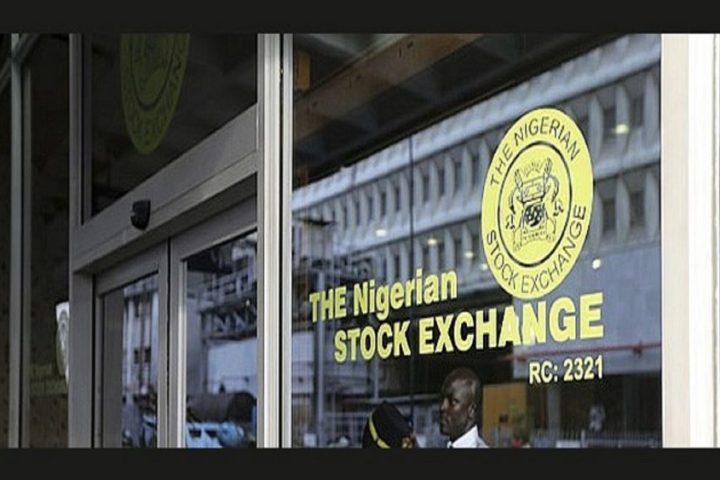
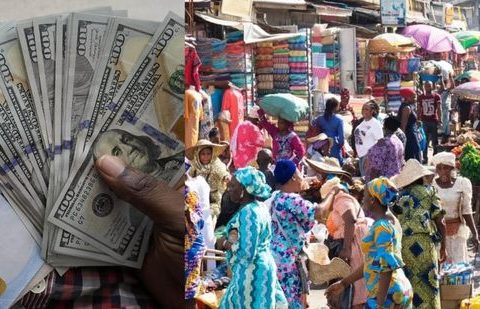
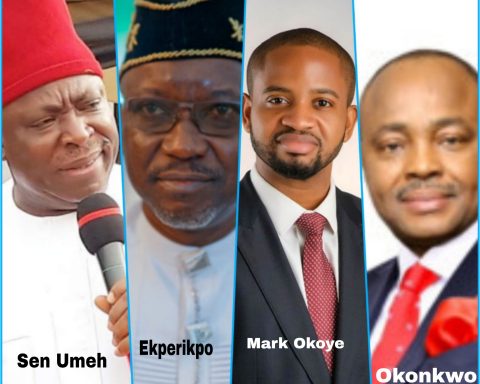

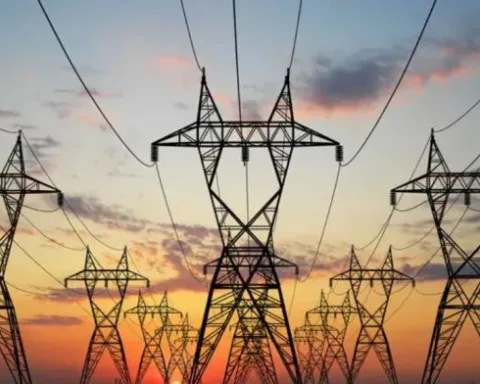

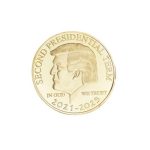
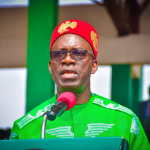


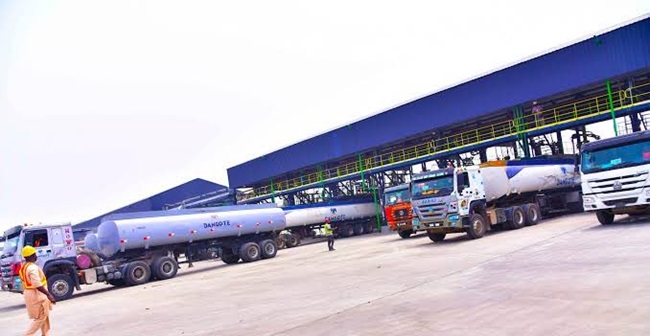

Follow Us